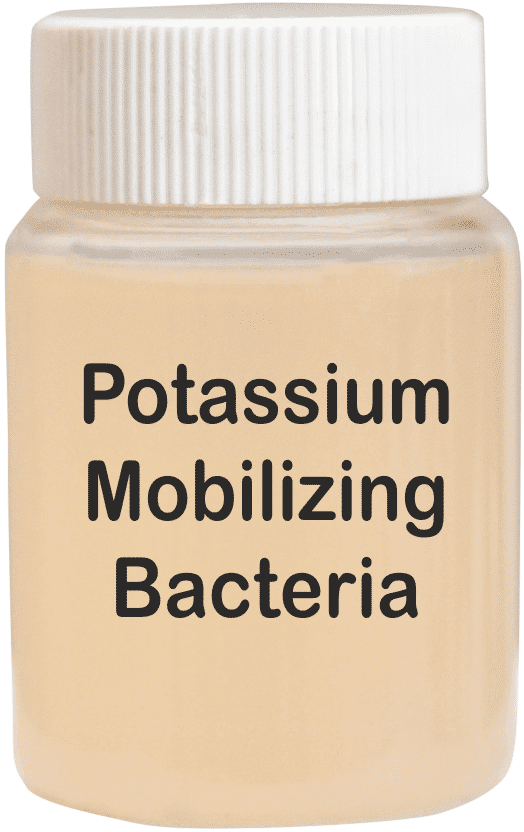
Potassium Mobilizing Bacteria
Product Details:
- Classification Organic Fertilizer
- Physical State Liquid
- Application Agriculture
- Click to view more
Potassium Mobilizing Bacteria Price And Quantity
- 100 Litres
- 250.0 INR/Kilograms
- 250.00 - 1250.00 INR/Kilograms
Potassium Mobilizing Bacteria Product Specifications
- Liquid
- Agriculture
- Organic Fertilizer
Potassium Mobilizing Bacteria Trade Information
- 5000 Litres Per Month
- 01 Days
- Yes
- Free samples are available
- All India
Product Description
Potassium mobilizing bacteria (KMB) are beneficial microorganisms that play a vital role in improving crop growth. These bacteria have the unique ability to mobilize insoluble forms of potassium, making it more readily available for plants. By doing so, they enhance the nutrient uptake efficiency of crops, leading to faster and healthier growth.
When KMB is applied to the soil, it helps release several percent of insoluble potassium within just 25 days. This significantly reduces the need for expensive potash fertilizers, ultimately cutting down costs by 50-60%.
The bacteria produce organic acids and enzymes, which aid in solubilizing fixed potassium and converting it into an exchangeable form that can be easily absorbed by plants. This ability protects crops against potassium deficiency and ensures their optimal growth.
One of the remarkable traits of KMB is its high tolerance level, which allows it to thrive at various soil pH levels and temperatures. Additionally, KMB colonizes the rhizosphere, which is the soil zone around the roots of plants. This colonization further strengthens the bacteria-plant interaction and enhances nutrient availability for the crops.
 English
English Spanish
Spanish French
French German
German Italian
Italian Chinese (Simplified)
Chinese (Simplified) Japanese
Japanese Korean
Korean Arabic
Arabic Portuguese
Portuguese
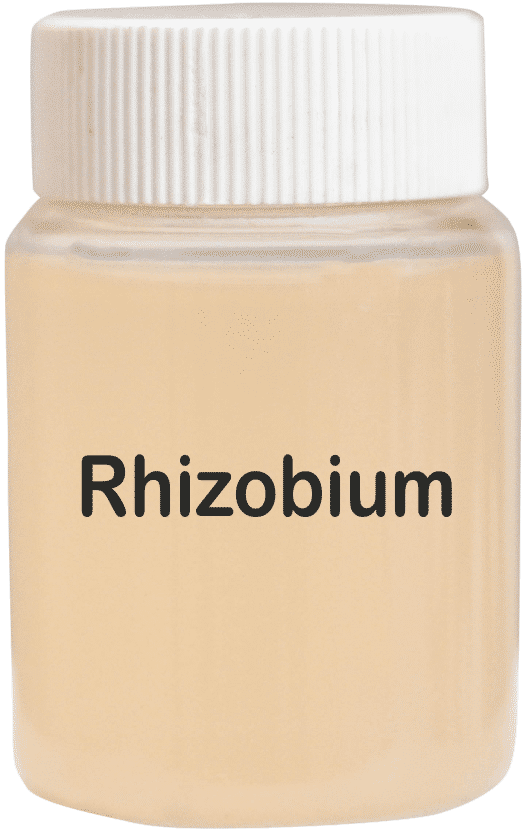
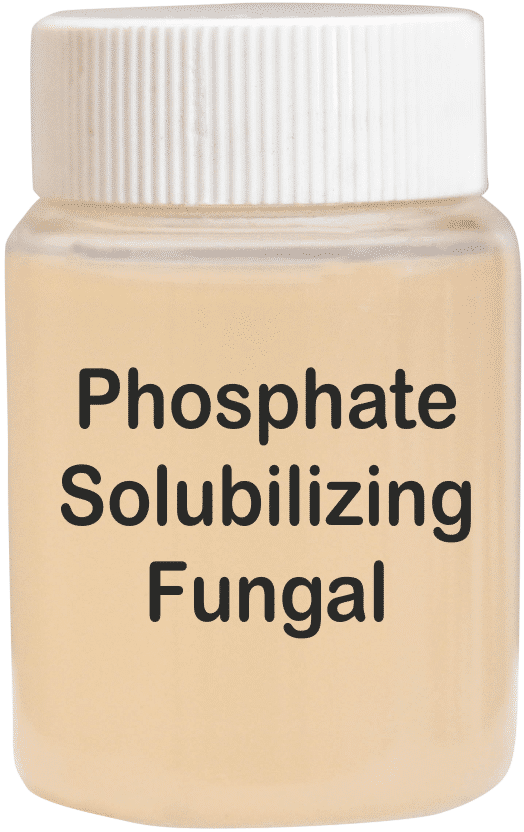
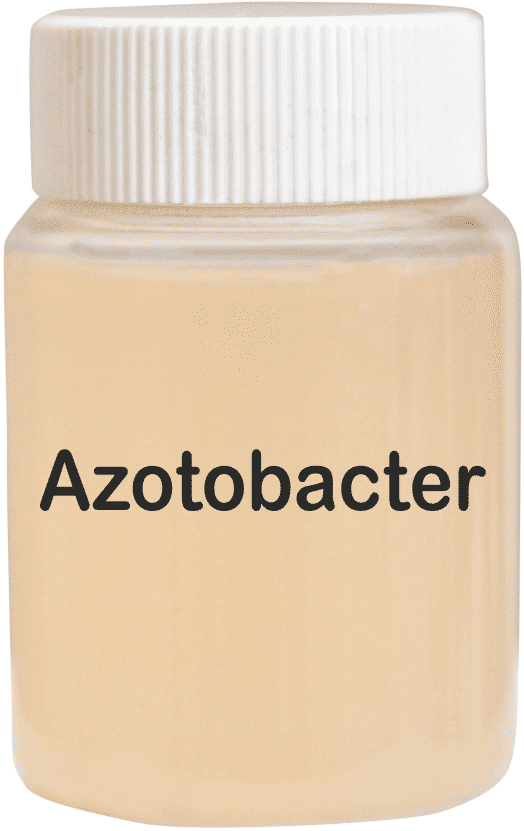
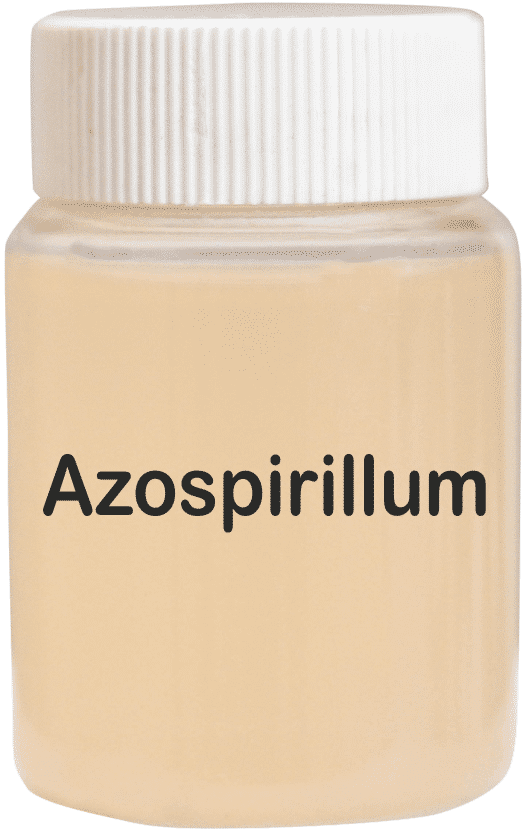
 Call Me Free
Call Me Free